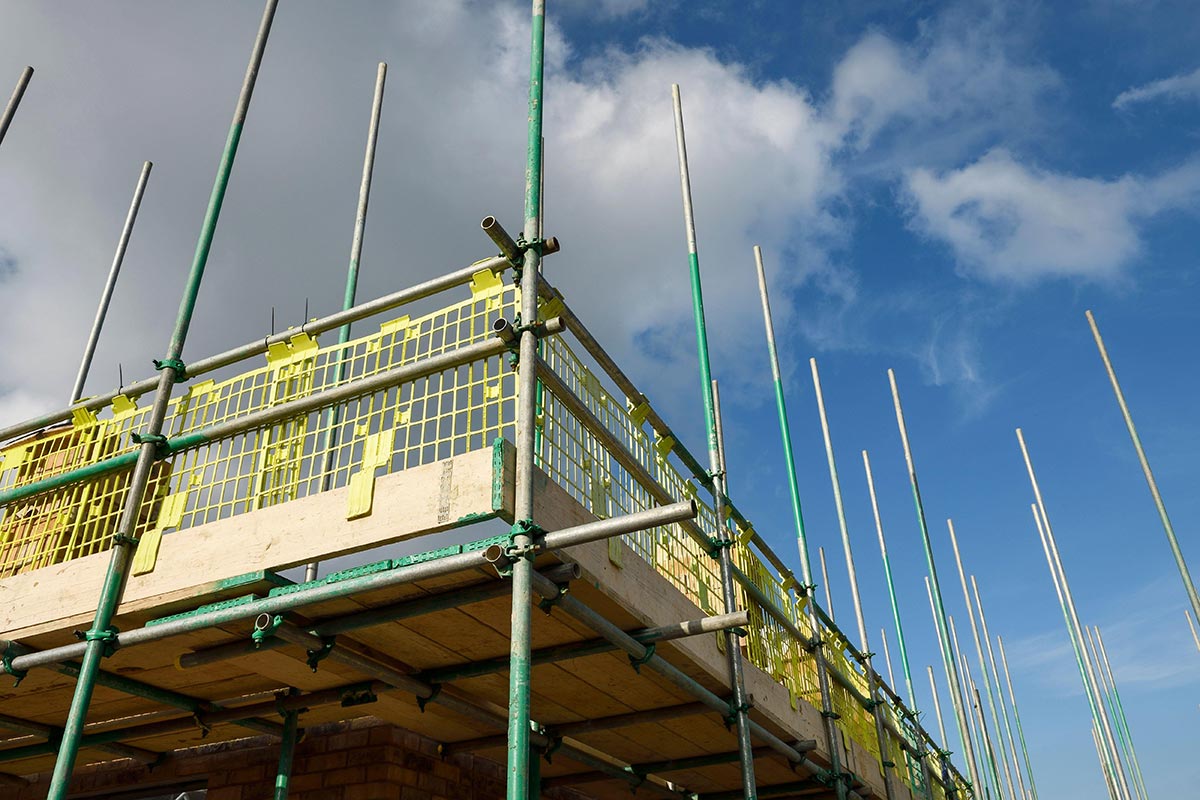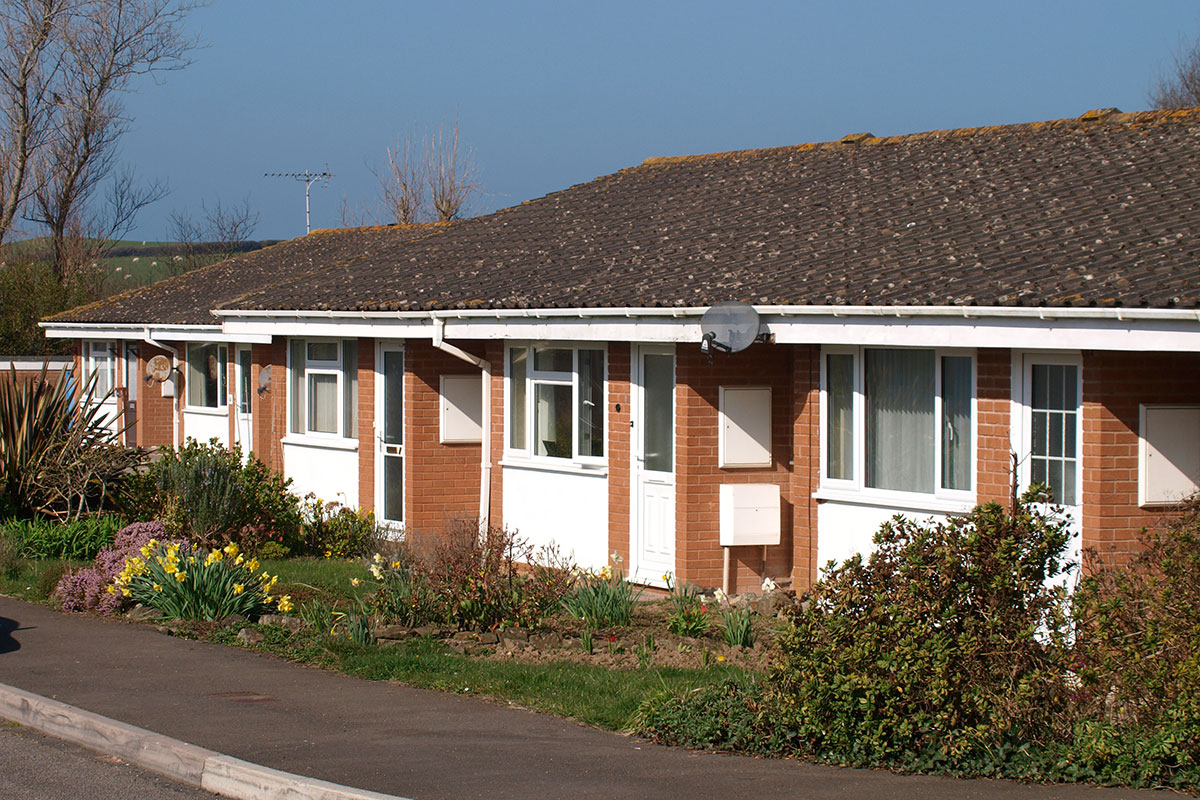You are viewing 1 of your 1 free articles
More than £300m a year needed to meet demand for supported housing
A coalition of 20 landlords has called for £304m of private and public funding each year, over the next 15 years, to deliver the increasing demand in supported housing for people with learning disabilities and autistic people.
New research by the Learning Disability and Autism (LDA) Housing Network sets out a series of recommendations for government, local authorities and providers of supported housing in England.
It also identified the housing and funding needed to provide long-term supported housing provision, delivered as part of a well-regulated and sustainably funded sector.
The report found that the number adults with learning difficulties and autistic people requiring care and support is expected to increase by nearly 20,000 over the next 15 years.
This will amount to between 1,800 and 2,300 new homes needed in England over that period, at a cost of £304m a year.
This would provide accommodation to young adults in transition from children’s services and those needing to move on from the family home.
The research found that 5,600 units of supported housing for people with learning disabilities and autistic people has been delivered since April 2017 – with just 13.5% of that total delivered by public capital funding.
The LDA Network estimates the annual housing benefit cost to be £357m. The coalition points out that “the sector’s long-term sustainability is greatly reliant on the continued payment of higher levels of housing benefit for rent and service charges”.
In total, around 31,000 people with learning disabilities and autistic people are receiving payments above normal levels.
The report was launched on Wednesday at the Houses of Parliament with the support of MPs Bob Blackman and Clive Betts.
John Verge, chair of the LDA Housing Network, said: “Good-quality supported housing can provide a lifetime of independence for people to live in the heart of their communities. This report shows the impact, value and need for new homes, and sets out the changes required to ensure we continue to meet this need for quality supported housing.”
Among the recommendations is a call for local authorities to address need in their area and develop a strategy to deliver this type of accommodation every five years, and to work with housing and support providers to reduce levels of under-occupancy in the sector.
Sign up for our development and finance newsletter
Already have an account? Click here to manage your newsletters












